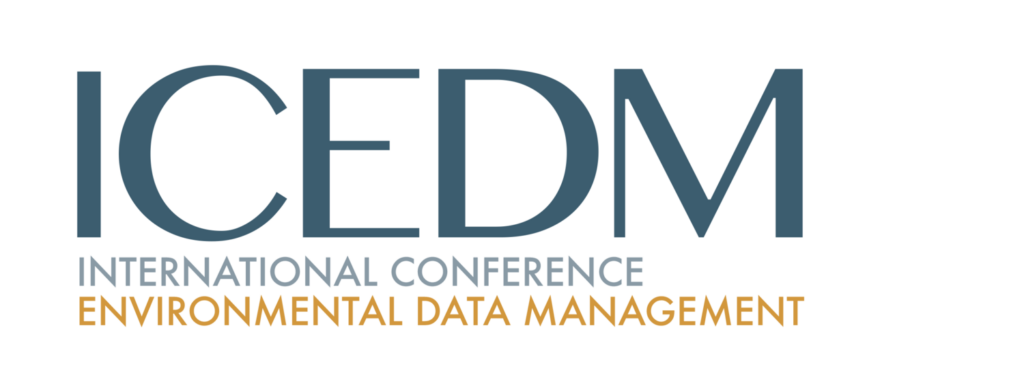Our Top Takeaways from ICEDM 2021

Recently, ddms was proud to be a sponsor for the 2021 International Conference of Environmental Data Management (ICEDM). Many of our own attended, and even were panelists and presented our thoughts on the latest trends on Environmental Data Management.
We’ve gathered our top takeaways from the 2021 ICEDM conference that you should know. Read on and learn more!
Data management plans should be communicated to all parties that interact with the data, starting with the field staff.
The origin of data and its stewards should be informed of data management best practices for your project to ensure they initiate the data’s journey on the right foot. Your field staff should know why particular naming schema is needed in the field to create unique sample IDs and the possible ramifications downstream. If the whole team is not onboard to create quality data, there will surely be things overlooked that will cause ripples, like sample IDs differences between chain of custody and the database.
Unstructured data requires careful attention and data governance like we do with structured data.
Adherence to a data governance policy for unstructured data with clear roles and responsibilities, a defined data management plan and data workflows are necessary for successful data management. Often times the management of unstructured data becomes secondary, however careful planning and development of data quality objectives are just as important for unstructured data as structured data.
DOD Data Validation has specific language for reporting requirements, different than non-DOD Data Validation.
The DOD validation guidelines have similarities and differences to the EPA validation requirements. Specifically, DOD validation includes more structured guidance on preservation temperature requirements and definitions for gross exceedance.
EQuIS Collect can be repurposed to load non field data to EQuIS, such as SPM scheduled tasks.
Collect can be reimagined from a “field data collection” tool to a “user friendly interface to load ANY data” tool. Templates are created to simplify the data entry process and enable non-power users to create and load complex data sets such as SPM plans. Utilizing the new EZSPM format schedules tasks within a plan, further reducing the amount of immediate assistance needed to kick-off the SPM workflow for a project.
Managing people, their team skills, and their attitudes is a more critical prerequisite than technical skills.
Data management endeavors, without fail, entail collaboration within a team environment. Whether it’s implementing a new data management system for a Superfund site or creating a customized report for a small business, people-skills are indispensable. The progression of data-related technologies allows for more specialization within the market, unlocking more opportunities for new roles within team environments. While technical skills are important, a rapidly evolving industry also entreats new challenges for mental and team-building development.
The EPA actually has a very thorough, documented Data Quality Objective process.
The US EPA has a very thorough, documented Data Quality Objective process available online at no cost. These resources can be leveraged as guidance when planning sampling and validation work for your project. Your group can even develop their own Data Quality Objectives (“DQOs”) by assessing what data are needed, selecting subject matter experts, and identifying data drivers. Such an undertaking would streamline your project’s Quality Assurance Project Plan (QAPP) or Sampling and Analysis Plan (SAP).
GET IN TOUCH
Contact our environmental data team to get started today.
Our industry experts will be happy to discuss what type of data management system may be perfect for your needs.
